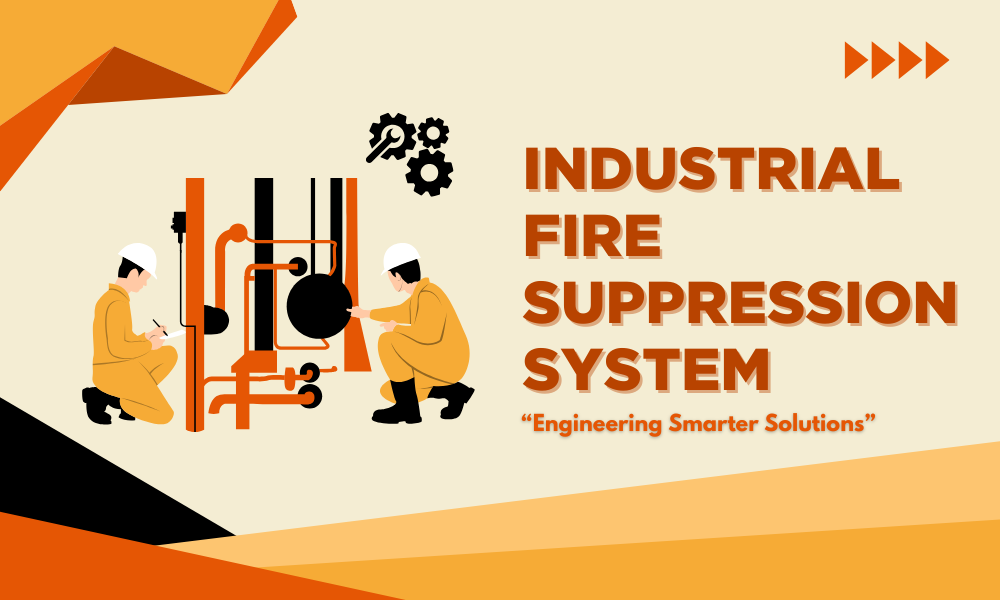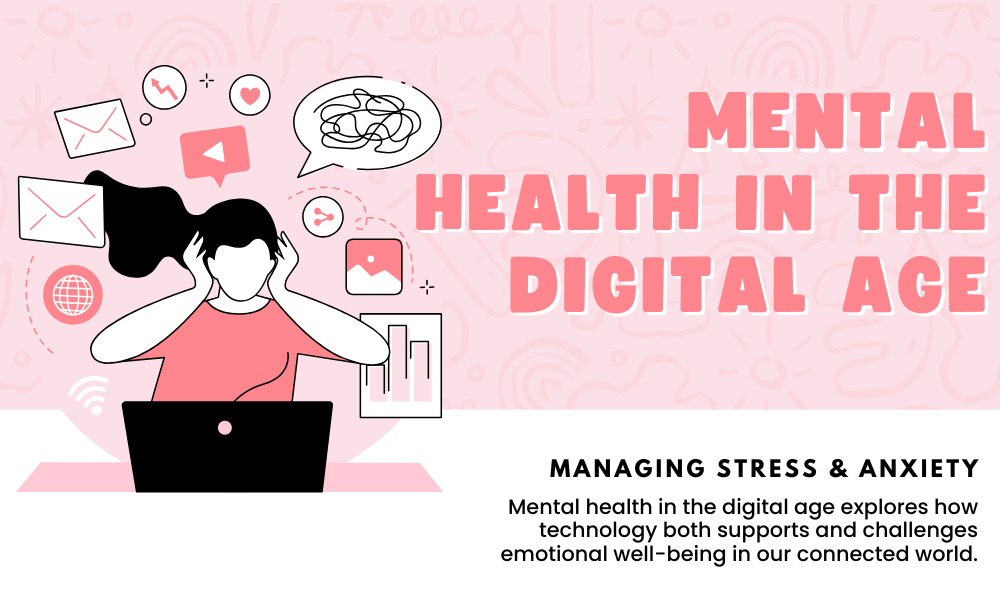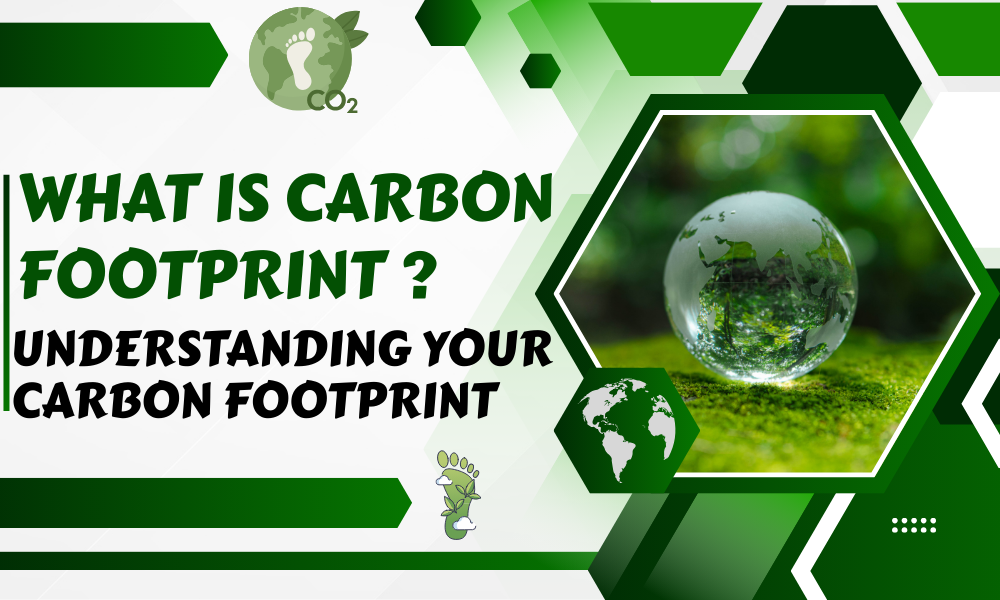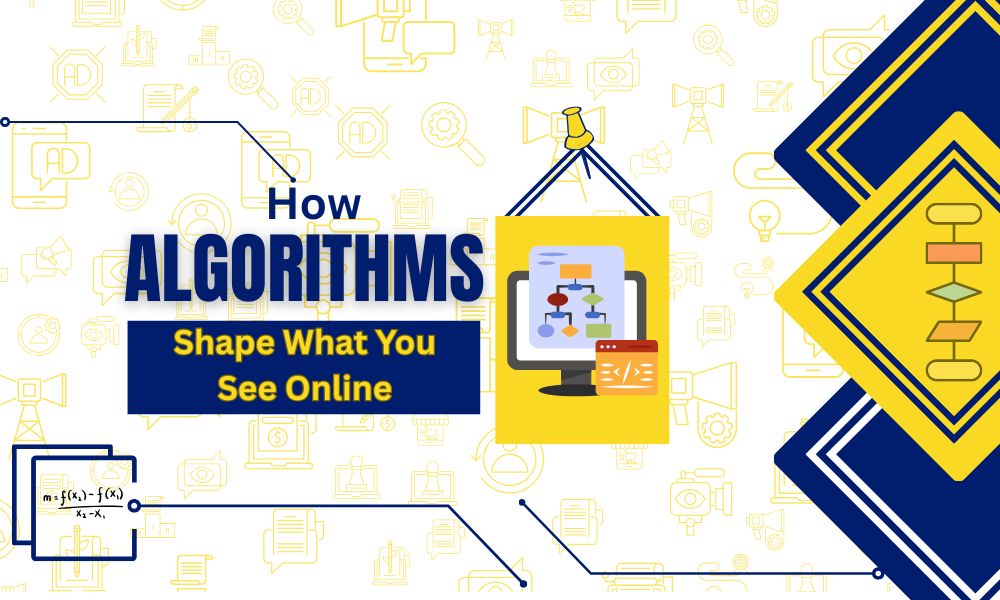Soft Skills That Will Dominate the Job Market in 2025
As the job market is evolving, developing soft skills is becoming more critical than ever for professionals in every industry. Soft skills aren’t just important to individual performance, they also build stronger, more resilient teams in an evolving job market. In this blog, we will outline the soft skills that will define the job market and how they will shape the future of work.
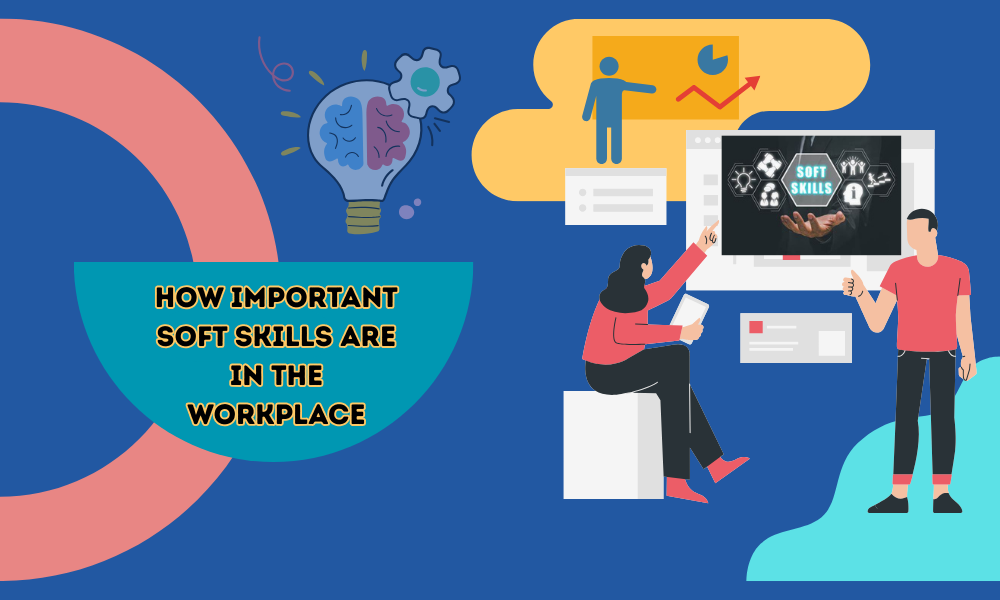
Emotional Intelligence and Empathy in Leadership
In 2025, emotional intelligence (EQ) will be a fundamental aspect of effective leadership. The ability to identify your emotional drivers, comprehend how they affect your conduct, and control your reactions in a deliberate and balanced manner is known as emotional intelligence (EQ). Leaders who possess emotional intelligence can recognize and deliberately address the feelings of others around them. Being emotionally sensitive to teammates and comprehending what motivates and drives their conduct is just as important as being self-aware. Because of this emotional intelligence, the relationship is more profound, and the relationship is so much deeper that team members feel safe, heard, understood, and valued.
Empathy, which is a subset of emotional intelligence, allows leaders to step outside their shoes and step into the shoes of their team members. Empathy also shows up in conflict; if the leader understands the personal challenges of the team member, the best version of the leader will help the team member in the best way possible.
As workplaces continue to evolve and become a more diverse environment, emotional intelligence and empathy will be essential in managing diverse teams. Leaders can expect to distribute diverse personalities, backgrounds, and communication styles. In addition, leaders will need the emotional intelligence and empathy to engage their teams while maintaining a respectful, professional, inclusive culture. Having emotional intelligence and empathy in leadership will ensure our teams engage in collaborative work aimed at their outcomes, thus increasing productivity, satisfaction, and retention of loyalty in an environment that engages collaboration and well-being.
In a fast-changing world, where mental health is becoming more recognized and inclusive practices are being adopted at a more rapid pace, emotionally intelligent leaders will be the ones developing resilient and adaptable teams who will thrive in the unknown.
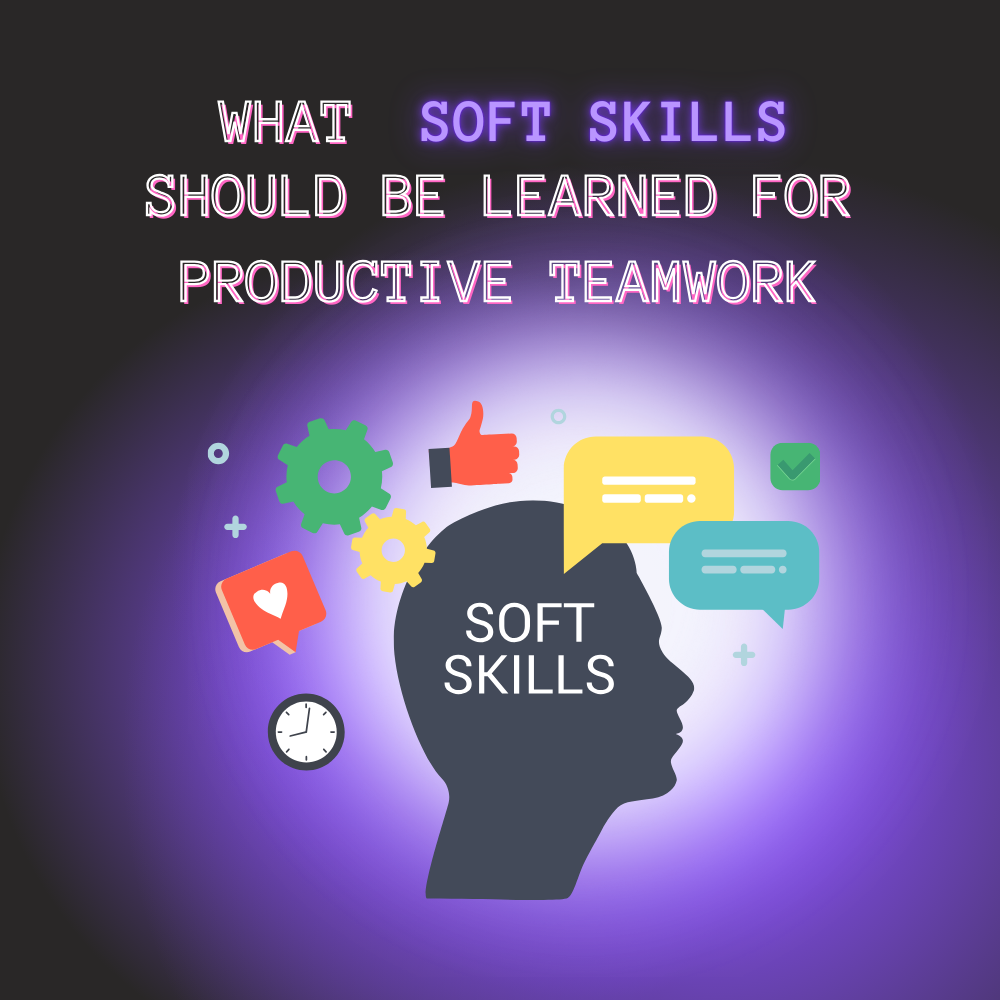
Adaptability and Lifelong Learning
In a time of rapid technology change and transformation, adaptability has become a necessary soft skill for all professionals. The job market in 2025 will place a premium on professionals who can quickly adapt to new tools, changing ways of working, and shifting business priorities. Adaptability is more than just being able to adapt to change, it is about being able to thrive through change. These attributes can enable employees who are adaptable and flexible to seize opportunities, overcome setbacks, and remain current in their chosen field.
The mindset of lifelong learning is also important. Change is inevitable, and these advances in automation, artificial intelligence, and the impacts of digital transformation will require being up to date with relevant skills in what will become a rapidly evolving job market. Every individual who engages in lifelong learning, whether that is through online learning, certifications, or any self-study tracks, is increasingly demonstrating resilience and initiative. Another result is that, whether a shift in responsibility can be better accepted, they become better situated to make sense, pivot to new work, and make a positive contribution to their organization.
Today, organizations are looking for talent that has both technical capabilities and the desire to grow. Candidates who take initiative to learn and remain curious are likely to emerge as progressive, adaptable resources. In short, it is the ability to learn, unlearn, and relearn that will become the most important, continuous, and necessary factor for career success in work systems of the future.
Efficient Interaction in Hybrid and Remote Work Cultures
As remote and hybrid work structures have become the norm in 2025, effective communication has never been more crucial. Oftentimes, teams are distributed across the globe, in a variety of time zones and locations. It is one thing to articulate or write well. It’s another way to produce a message that aids in ensuring the right message is being relayed, in an appropriate manner, utilizing the most efficient channel of communication.
There is a balance to be struck between verbal and nonverbal skills. In a virtual meeting, tone of voice, clarity of language, and nonverbal cues, such as facial expressions or eye contact (through the screen), all aid in conveying the sometimes complicated human connection. Similarly, when contributing written communication, it must be precise, directed, thoughtful of the reader’s response, and organized. This is especially true with emails and team chats, which lack a facial cue during tone interpretation and can
lead to miscommunication.
Soft skills like communication, emotional intelligence, and flexibility are becoming equally as valuable as technical knowledge as employment status changes. These abilities help freelancers avoid burnout in addition to advancing their careers. Stress can be considerably decreased by developing time management skills, boundary setting, and clear client communication. Learn more about Soft Skill for Freelancers by helping them manage stress, set boundaries, and maintain emotional resilience in demanding work environments.
Active listening is just as important. When a person feels truly heard and understood, it increases trust and builds teamwork and collaboration. Active listening is paying full attention, not interrupting, and being thoughtful with your feedback. In remote and hybrid work situations where our ability to spontaneously connect is limited, mindful and compassionate communication becomes the cornerstone of effective team communication.
For individuals who learn these competencies, they will improve everyday functions and functions. As well, they will form more collaborative relationships, prevent conflict, and evolve into a responsive, meaningfully connected work culture.
Conclusion
By 2025, likely, soft skills such as emotional intelligence, being adaptable, and being able to communicate effectively will indicate an ability to work. While it was historically important to show a technician’s ability, this is not enough for working relationships 2025 and beyond; it is expected for them to exhibit their human-centered soft skills. Moreover, having the capabilities to educate others will not
only expand upon personal growth and career success but should provide a human-centered impact on forming stronger, more resilient teams.
Author’s Bio
Author Nikita is professional content writer; she is always exciting to express thoughts & insights into wonderful words on various topics.










